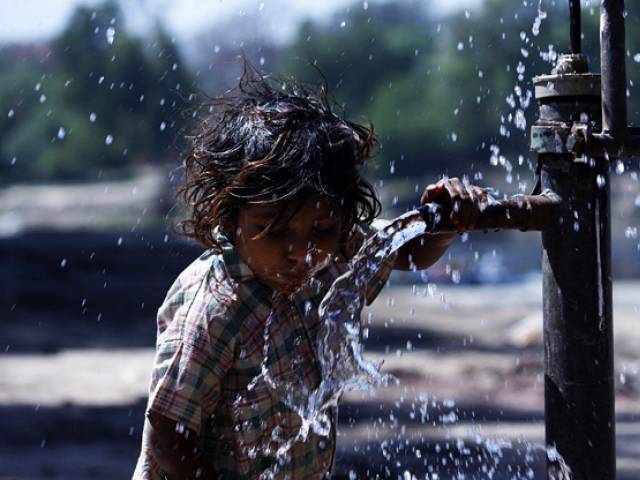
The UNFAO's official also pointed out the absence of a water policy for Sindh. The policy, she said, is required to ensure just distribution of water not only among the farmers but other sectors, like energy, industry, livestock, fisheries, as well as domestic consumers.
"There are no statistics [available] to the irrigation authorities to [help them] decide how much water each of the sector requires and is to be given," she observed. "There is no system for ensuring just and transparent distribution of water either." She said the absence of an equality-based policy has given rise to social problems relating to water [unequal distribution].
Nakai said, on one hand, demand for water in the domestic sector has increased due to population growth in urban areas, and on the other, the problem pertaining to the supply of unclean drinking water has surfaced. "The low discharge of water in the sea from the rivers has led to sea intrusion in coastal areas and environmental changes are also affecting the availability of water."
Nakai said the irrigation and other departments involved in water supply, filtration and drainage are marred by a lack of cooperation.
SIDA Managing Director (MD) Wali Muhammad Naich said shortage of water has caused an imbalance in the supply. "Environmental changes are directly affecting water and agriculture," he added.
He acknowledged that a lack of effective drainage system has been causing pollution in rivers, canals and fresh water bodies in the province.
Naich said an overarching water policy for Sindh is being prepared which will address all aspects related to the subject of water. SIDA Transition General Manager Farzana Syed said the water policy is being formed in collaboration with the World Bank.
SIDA Research and Development General Manager Muhammad Ahsan Laghari said unlike other policies, the province's water policy is not being prepared behind closed doors. "Rather, all the stakeholders are being engaged and their input is being sought." He said that consultative workshops are being organised in all districts of Sindh to seek recommendations for the policy.
Published in The Express Tribune, December 1st, 2019.

1722586547-0/Untitled-design-(73)1722586547-0-165x106.webp)


1732326457-0/prime-(1)1732326457-0-165x106.webp)












COMMENTS
Comments are moderated and generally will be posted if they are on-topic and not abusive.
For more information, please see our Comments FAQ